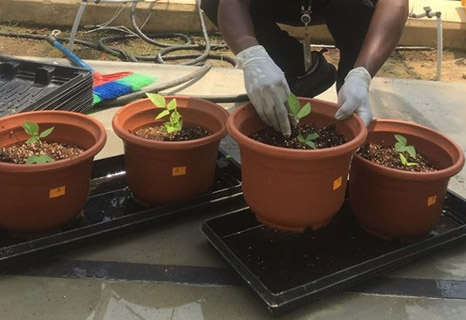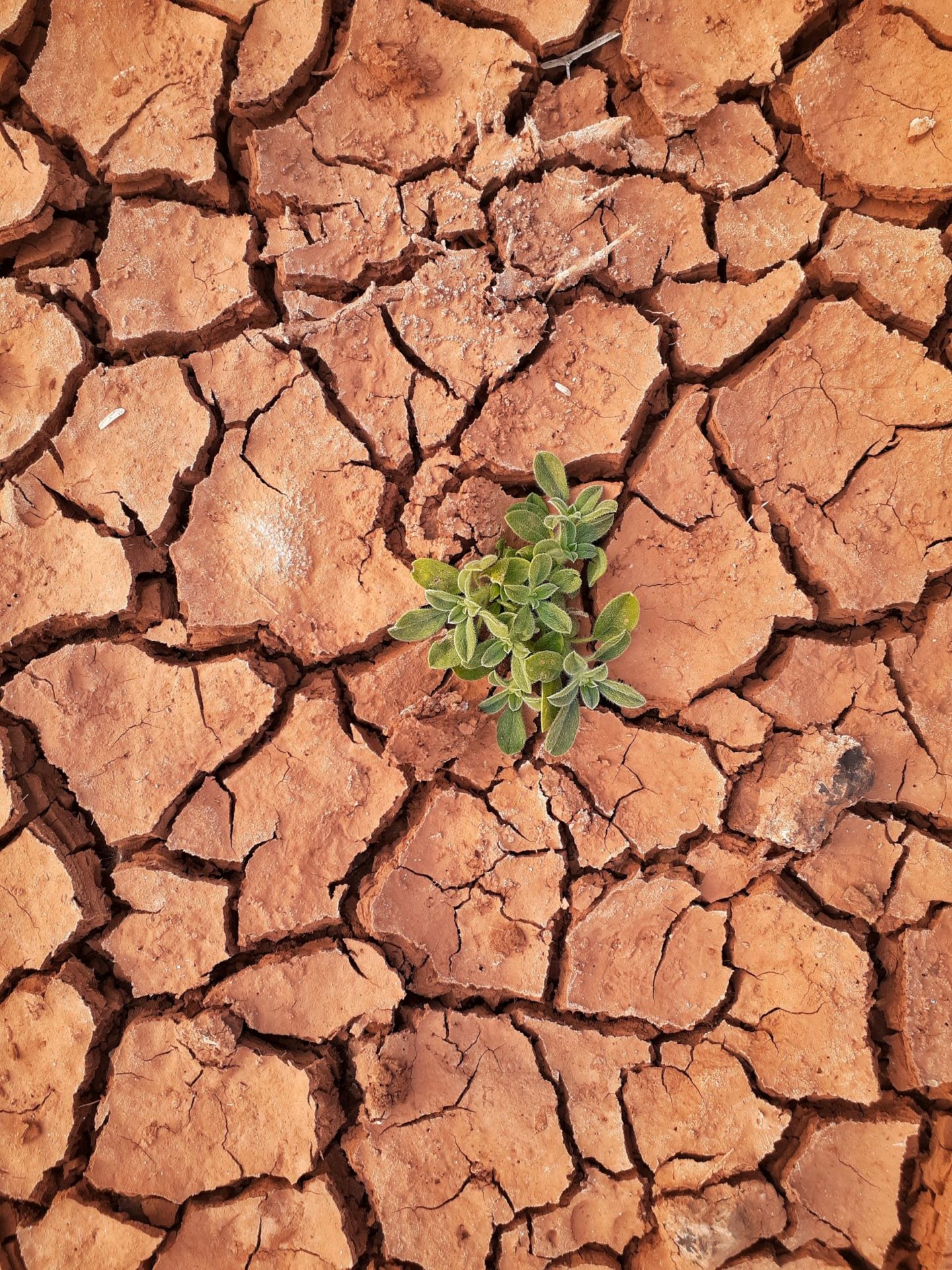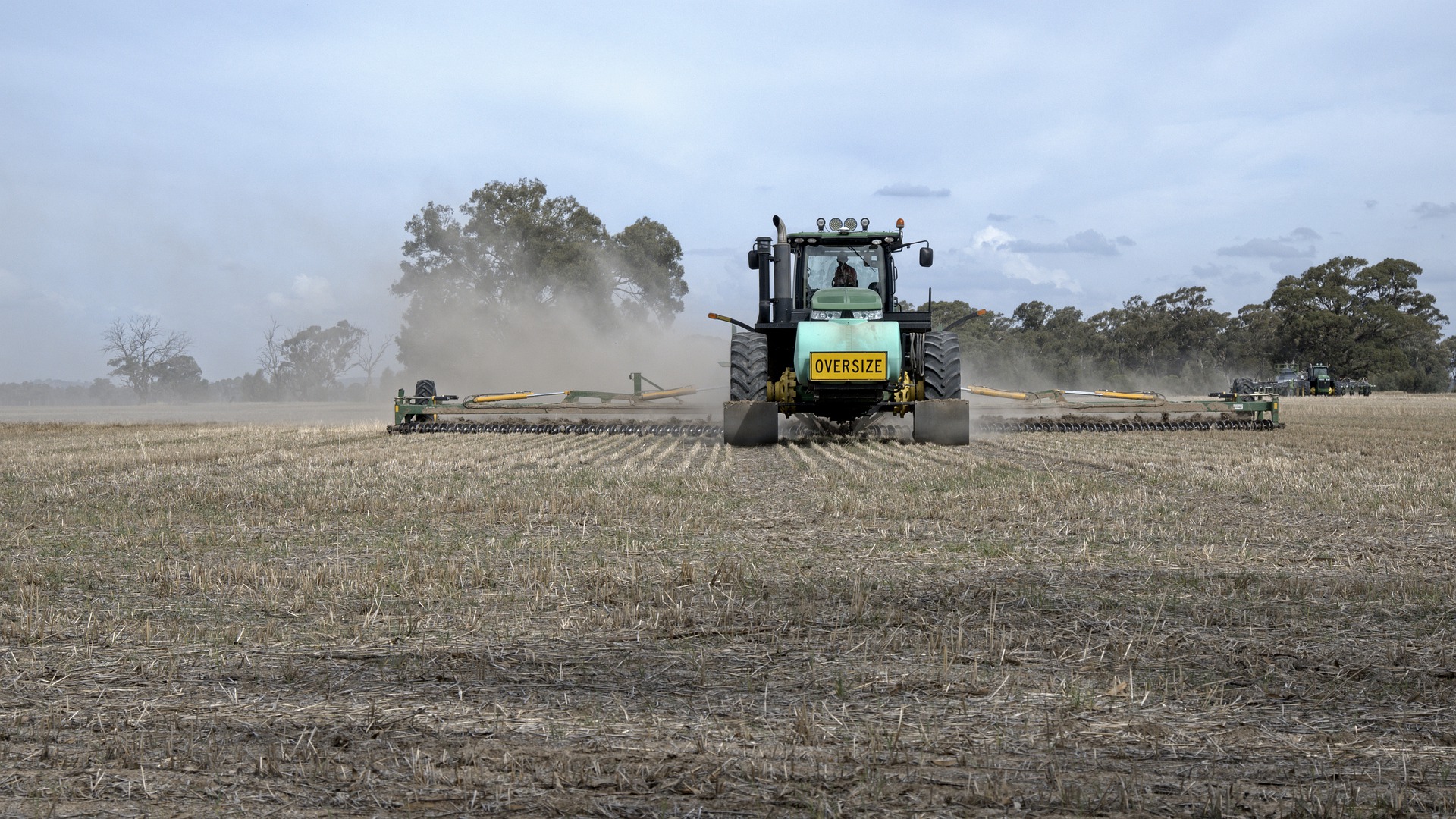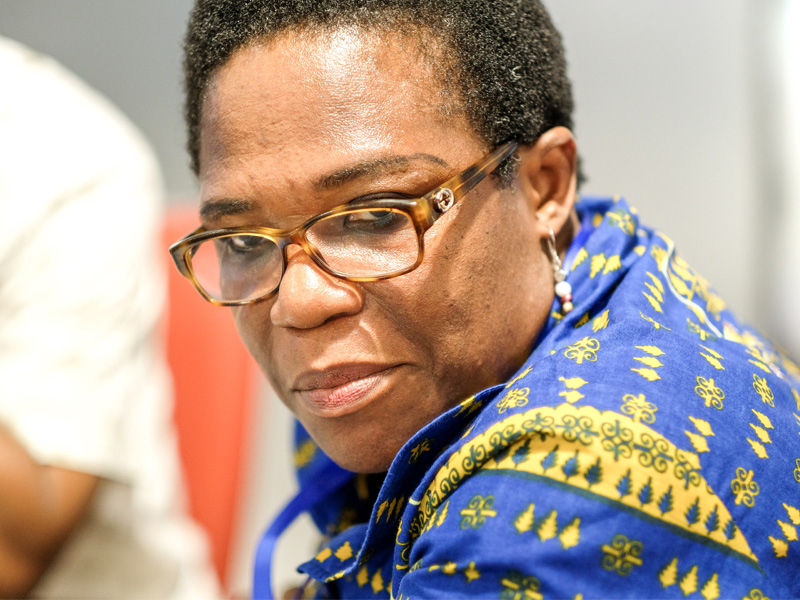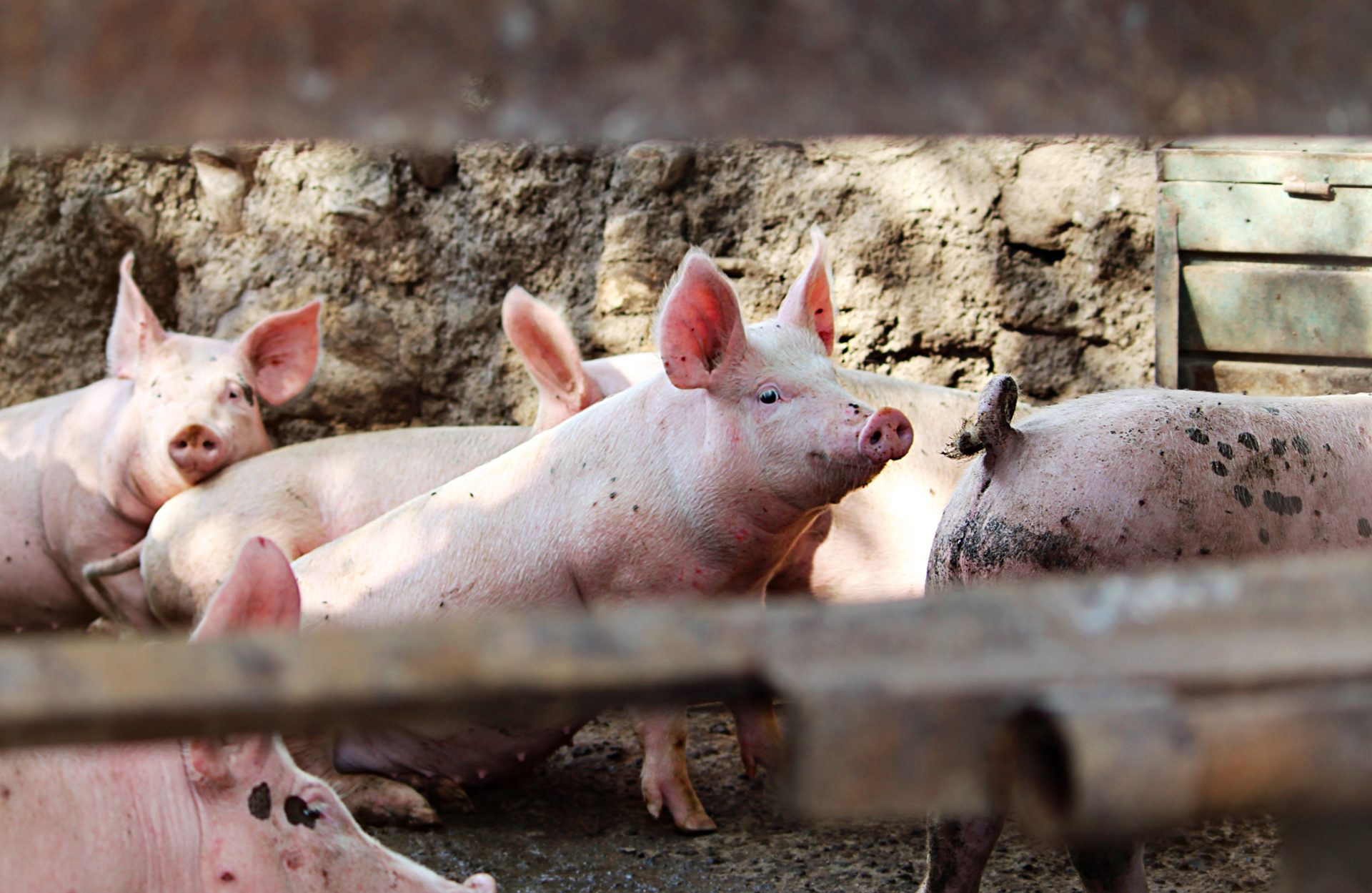Mapping of occurrence and eco-sustainable growth stimulation of Pterocarpus angolensis (umbila) in Mozambique
Thematic Area: Food security and agribusiness
University: Eduardo Mondlane University – School of Rural development
Project Leader: Dr Íris Victorino
Collaborating Partners: Center of Forest Research (CIF); Agronomy department of University of Torino (DISAFA – UNITO) ; Stakeholders on wood industries; Ministry of Land and Environment – National direction of forests (MTA – DNF)
Duration: 2 years
Project Overview
Preamble
The forests ecosystems are vital for the survival of humankind survival as they provide most of ecosystem service. They also contribute to the most of CO2 fixation and therefore slow climate changes impact. Forest resources in Mozambique are countless, as for instance, the umbila (Pterocarpus angolensis) a highly appreciated tree in Mozambique, basically used for wood extraction. It is considered a first-class wood being sold by 275US$/m3. In recent decades however forests are suffering degradation, being estimated that every 10 years 5% of forest areas are lost. Umbila is a slow growing tree, with corky fruits that need external forces, such as fire or intense rain followed by dryness, to open and germinate, and, despite being considered a least concern species on the IUCN ‘red list species’, umbila overexploitation and illegal extraction are a fact. There is insufficient information of the state of forests in Mozambique. The limited financial and technical resources for monitoring also limits government control of umbila trees . So, studies to accelerate trees replacement and better mapping of native forests areas for better management are being encouraged.
Project Objective
This project proposal aims to contribute to umbila trees mapping and to increase forest coverage using similar species arbuscular mycorrhizal fungi (AMF) and gibberellic acid inoculation to solve deforestation problem by developing a globally acceptable and locally relevant low-cost solutions to plant physiology problems. This project will also facilitate development of indigenous capacity in wood plant growth via knowledge sharing; better care and use of resources to stakeholders and community and by this increasing umbila value chain and encourage and support decision making and the maintenance of native forests, by mapping umbila occurrence in Inhambane and beyond.
For more information please contact Project Leader.


